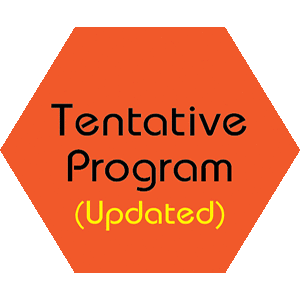
Edward C. Kondrot
Certified Classical Homeopath
Title: Improvement in Vision Parameters for Participants Treated With Alternative Therapies in a 3-day Program
Biography
Biography: Edward C. Kondrot
Abstract
Eye conditions that are considered progressive and degenerative and for which the causation is generally poorly understood or not understood within conventional medicine can respond to natural therapeutic interventions that result in arrest and/or improvement of morbidity, with enhanced functional results. Because many of the treated conditions are age related, a delay of disease progression for 5 or even 10 y can mean an additional decade of independence for seniors. The 11 included ocular conditions are ordinarily considered incurable by any method except surgery and, even with surgery, the outcomes can be variable and/or transient.
All participants remained in the study for the duration of the program. Following the administration of the protocol, significant improvement in acuity, contrast, and visual field resulted in the majority of participants. None of the interventions was toxic or painful, and all likely contributed to an improved, overall health status for participants.
These treatment protocols should be considered part of a treatment program for all ocular disease processes. Eye health needs to be repositioned within an assessment of general health with the understanding that, with the exception of congenital disorders or accidents, vision decline represents a general diminishment in overall health and results directly from toxicity from both external sources such as air and water, and the internal accumulation of toxic metals; poor nutrition; and other life exposures and habits. Long-term follow-up studies are now in progress.

